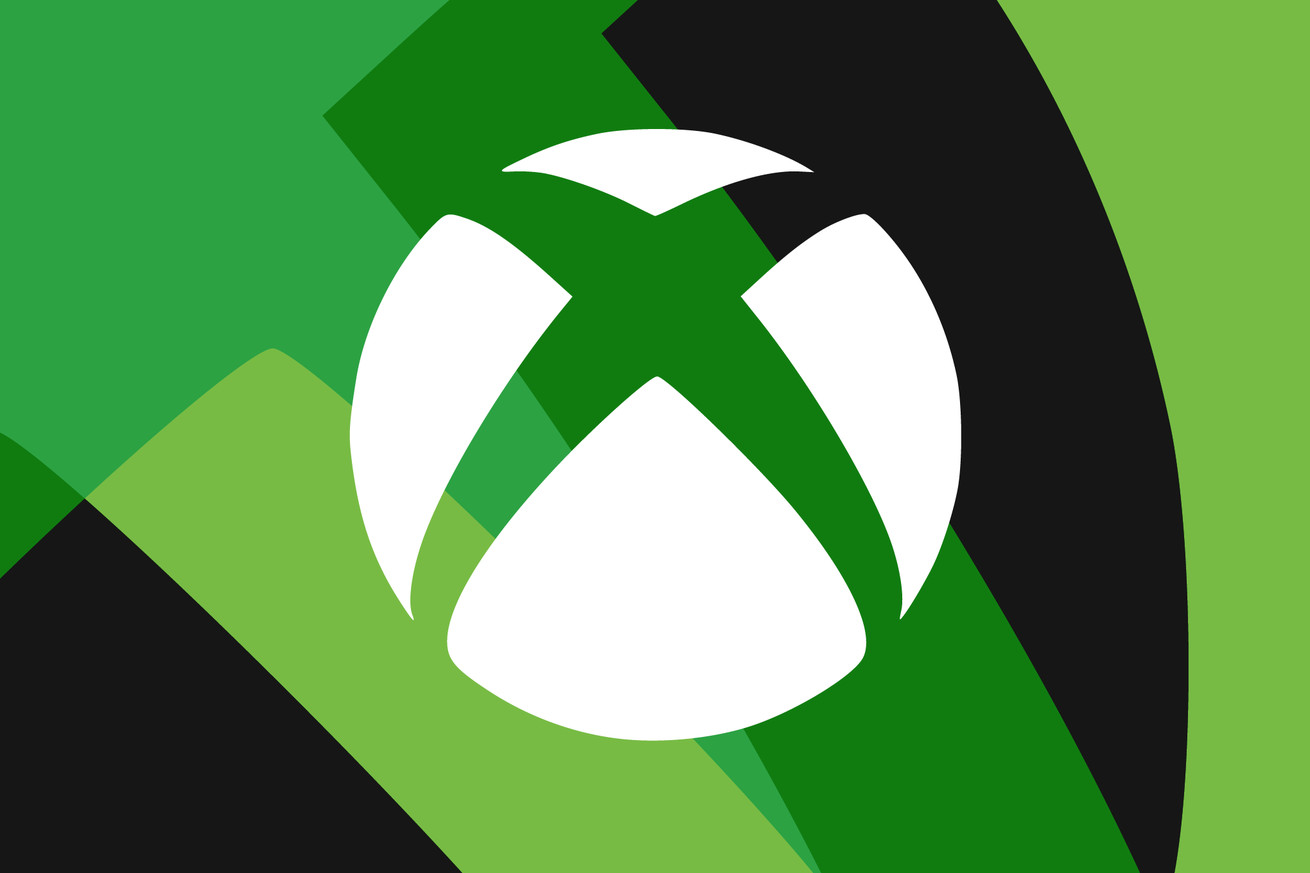Image: The Verge
Xbox chief Phil Spencer has been dropping hints about an Xbox handheld for months, but what about Windows handheld gaming PCs? Jason Ronald, Microsoft’s VP of “Next Generation,” tells The Verge that we should expect to see the Windows handheld gaming experience change within this calendar year.
Ronald was a roundtable panelist this evening at an AMD and Lenovo event titled “The Future of Gaming Handhelds,” which was mostly a coming-out party for Lenovo’s new Legion Go S. But he did hint on stage that Microsoft plans to bring the Xbox experience to Windows PCs, rather than the other way around — and expanded on that considerably after we caught up with him later.
“We’ve been really innovating for a long time in the console space, and as we partner across the industry it’s really about how do we bring those innovations that we’ve incubated and developed in the console space and bring them to PC and bring them to the handheld gaming space,” said Ronald.
After we caught up with him after the event, he confirmed that Microsoft is looking at combining Xbox and Windows experiences together — and that we should see changes this very year, rather than needing to wait for an Xbox handheld that might still be years away.
Photo by Sean Hollister / The Verge
Microsoft’s Jason Ronald speaks at the Lenovo/AMD event, flanked by Valve SteamOS designer Pierre-Loup Griffais (left) and AMD chief gaming architect Frank Azor (middle right).
“I would say it’s bringing the best of Xbox and Windows together, because we have spent the last 20 years building a world-class operating system, but it’s really locked to the console,” says Ronald. “What we’re doing is we’re really focused on how do we bring those experiences for both players and developers to the broader Windows ecosystem.”
Right now, Windows sucks on handhelds, to put it rather bluntly, to the point that a community-created fork of Valve’s SteamOS experience can be a far better way to pick up and play games. Ronald is clearly aware of the issues. “We’re focused on really simplifying that and making it much more like a console experience. Our goal is to put the player and their library at the center of the experience and not all the [Windows] work that you have to do today.”
Microsoft has done compact modes for Xbox apps on Windows that are focused on improving the handheld experience, but it’s a lot like putting lipstick on a pig instead of addressing the core experience. “I think we’ll have a lot more to share later this year,” teases Ronald. “I think it’s going to be a journey and I think you’ll see a lot of investments over time that you’re starting to see already, but we’ll have a lot more to share later this year.”
Photo by Tom Warren / The Verge
Microsoft has made several Xbox apps more handheld-friendly over the past year.
How Microsoft goes about this merging of Xbox and Windows will be key, but it doesn’t sound like the company is suddenly going to port a custom Xbox operating system to Windows. It sounds more like Microsoft wants to make Windows all up better at gaming with an Xbox experience on top so the pesky desktop, notifications, and legacy of Windows is hidden away.
“I think, at the end of the day, our goal is to make Windows great for gaming on any device,” says Ronald. “The reality is the Xbox operating system is built on top of Windows. So there’s a lot of infrastructure that we built in the console space that we can bring to the PC space and really deliver that premium gaming experience on any device.”
Specifically, Microsoft has to tackle a lot of the very basics of making Windows more friendly to controllers and getting that Xbox experience to really drive things instead of the taskbar, Start menu, and other elements. “There’s just certain things in Windows that were not designed for if you don’t have a keyboard and mouse, like thumbstick support or joypads and stuff like that,” Ronald admits.
“There’s fundamental interaction models that we’re working on to make sure that regardless of the operating system details it feels very natively like a gaming-centric device and a gaming-centric experience.”
Ronald says the goal is to put an Xbox experience at the center — “not the Windows desktop that you have today.”

